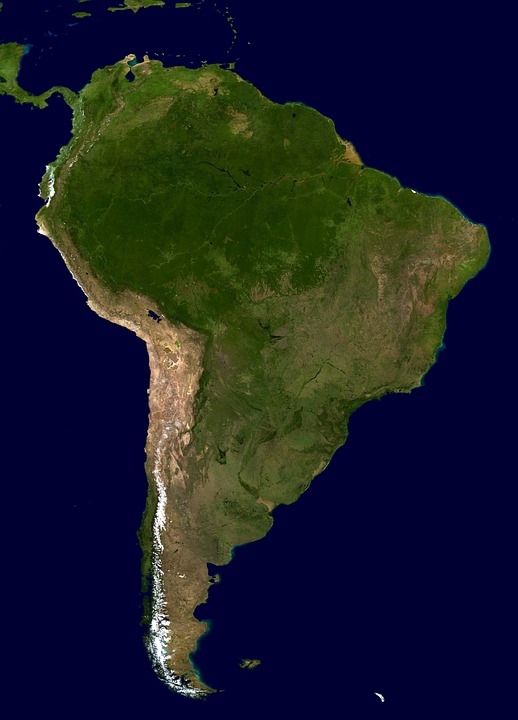Global Democracy Trends: Key Insights & Predictions

Democracy is a cornerstone of modern governance, offering a framework where the power lies in the hands of the people. However, as the world evolves, so do the challenges and dynamics that affect democratic institutions.
The Current Landscape of Global Democracy
The Global State of Democracy Report 2024
The International IDEA’s Global State of Democracy Report 2024 offers a comprehensive overview of democracy’s health worldwide. Key findings reveal:
- Democratic Decline: Many democracies are experiencing setbacks, particularly in regions plagued by populist leadership and disinformation campaigns.
- Resilience and Adaptation: While setbacks are notable, innovative electoral practices and international coalitions are countering some of the decline.
Notable Regional Trends
- Europe: Despite challenges, Europe remains a stronghold for democracy, with initiatives like the “European Democracy Shield” bolstering democratic resilience.
- Africa: Southern Africa’s 2025 Foresight Report emphasizes the need for robust democratic frameworks to handle social and economic challenges.
- Asia and the Americas: Both regions showcase mixed results, with some nations advancing democratic reforms while others grapple with authoritarian tendencies.
Key Insights on Global Trends
1. Democratic Backsliding
The past decade has seen a troubling rise in democratic erosion:
- Populism and Authoritarianism: Leaders leveraging populist rhetoric to undermine democratic norms have increased globally.
- Economic Inequality: Growing economic disparities fuel dissatisfaction, making democracies vulnerable to autocratic appeals.
2. The Role of Technology
- Digitalization: While digital tools have empowered citizens, they also pose risks such as misinformation, election interference, and surveillance.
- Cybersecurity Challenges: Nations are prioritizing cyber resilience in electoral processes to safeguard against tampering.
3. Climate Change and Governance
- The intersection of climate policies and democracy is becoming increasingly significant.
- Democratic nations are often better equipped to manage environmental crises, but the pressures of climate change demand urgent policy adaptations.
4. Gender and Inclusion
Progress in gender representation in politics remains uneven:
- Initiatives like the Women in Political Participation (WPP) program highlight strides in gender equity, particularly in Africa.
- Increased diversity in political representation is linked to more inclusive policymaking.
Predictions for the Future
1. Strengthening Electoral Integrity
- Electoral systems worldwide will continue to emphasize integrity through transparent and fair processes.
- Innovations like biometric voter registration and digital monitoring tools are expected to become standard.
2. Increased Role of International Coalitions
- Partnerships such as the Global Democracy Coalition will be pivotal in supporting nations at risk of democratic erosion.
- Summits and forums will drive the global democratic agenda forward.
3. The Evolving Role of Technology
- As artificial intelligence becomes integrated into governance, it presents both opportunities for efficiency and risks of misuse.
- Governments must navigate the balance between technological innovation and ethical considerations.
Challenges Facing Democracy
Democracies face several significant hurdles:
- Polarization: Societal divides weaken the cohesive decision-making needed for democratic resilience.
- External Threats: Cyberattacks and disinformation campaigns, often state-sponsored, pose substantial risks.
- Institutional Weakness: Many countries struggle with outdated institutions that fail to meet modern demands.
Recommendations for Strengthening Democracy
- Education: Foster civic education to empower citizens with knowledge about their rights and responsibilities.
- Policy Innovation: Encourage policies that adapt to global challenges, such as climate change and digital governance.
- Strengthening Institutions: Invest in robust, transparent institutions that can withstand internal and external pressures.
- Global Collaboration: Support international partnerships to address cross-border democratic challenges.
Conclusion
The global state of democracy is at a crossroads. While challenges persist, the resilience of democratic institutions and the collective efforts of nations offer hope.
By embracing innovation, inclusivity, and collaboration, democracies can adapt and thrive in the face of adversity.






